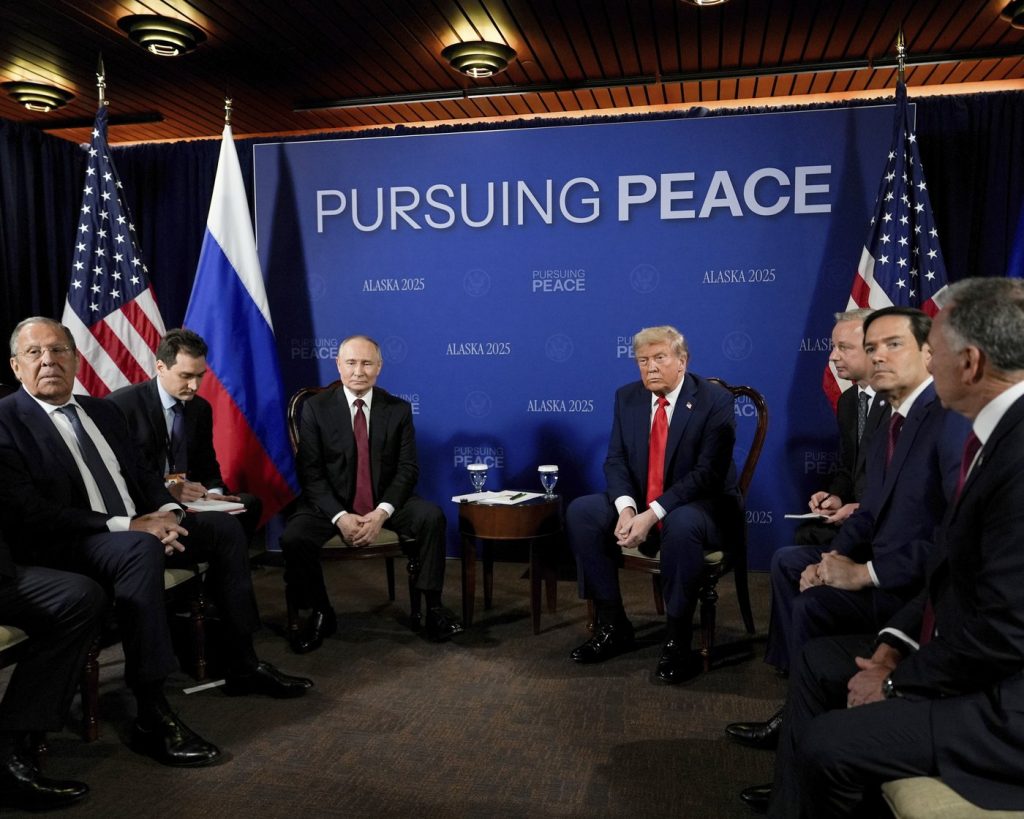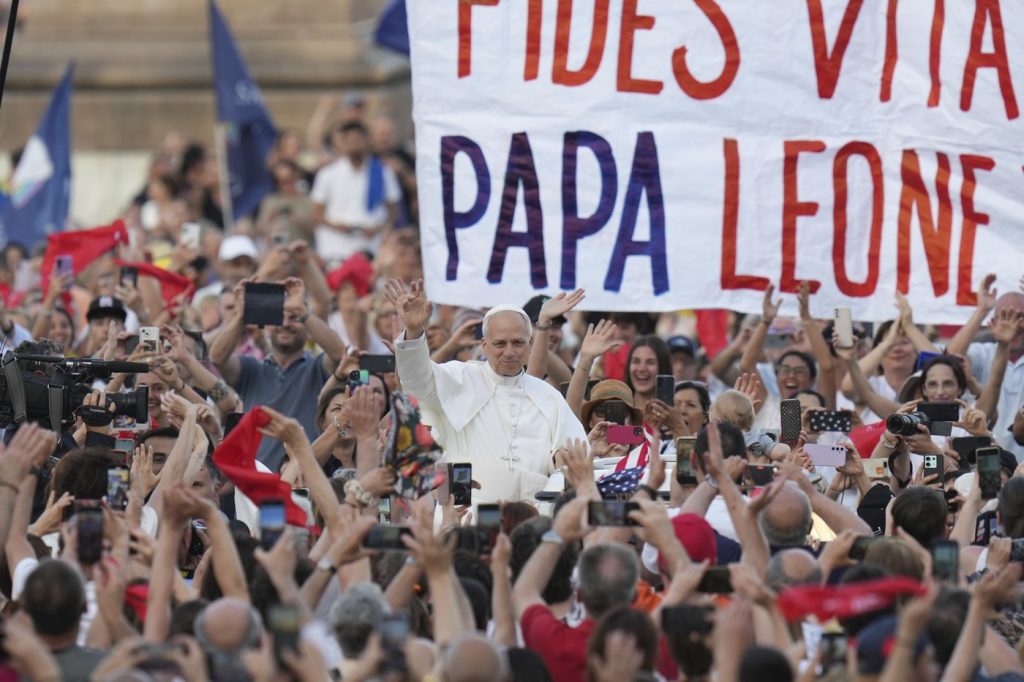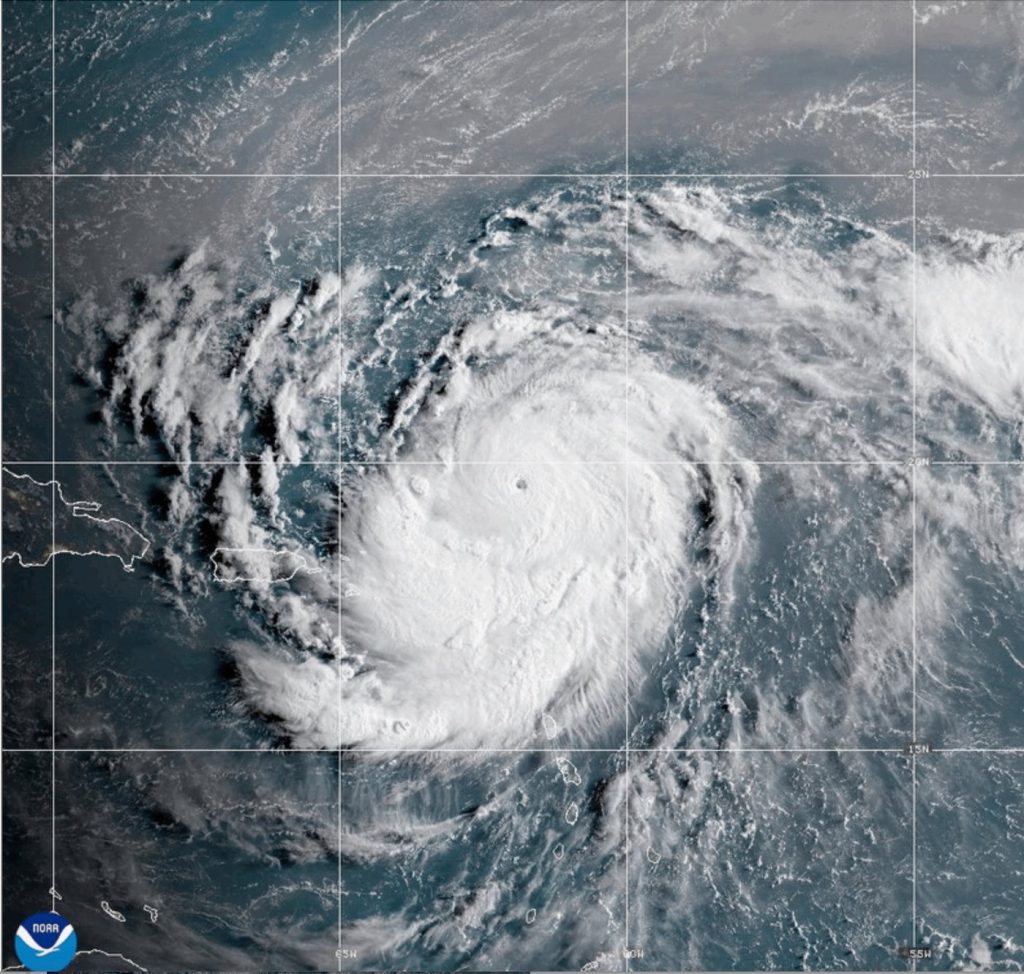KYIV, Ukraine (AP) – U.S. President Donald Trump has changed his stance following his meeting with Russian President Vladimir Putin, stating that the next step towards ending the 3.5-year war in Ukraine should be an overall peace agreement rather than the ceasefire he had previously supported. This shift occurred during discussions with European allies after the summit held on August 15, 2025, in Anchorage, Alaska.
During these talks, Trump conveyed that Putin expressed a desire for the Donetsk and Luhansk regions, which collectively form the Donbas. However, the Russian leader also appeared willing to consider a de-escalation in two additional areas, Zaporizhzhia and Kherson, through a potential freeze along the current front lines. European officials privy to these discussions indicated uncertainty regarding whether Trump would accept Putin's interest in the Donbas territory, particularly as Kyiv's President Volodymyr Zelenskyy has firmly rejected the idea of relinquishing this land.
In the conversations that followed the summit, Trump emphasized the need for multiple meetings, including one with Zelenskyy at the White House scheduled for August 18, 2025. The outcomes of the discussions remained muddled, especially in light of Trump’s ambiguous communication style. While Trump focused on pursuing a peace accord rather than a ceasefire, his statements raised questions regarding the viability of ongoing negotiations amid ongoing hostilities.
Notably, Trump’s departure from advocating for a ceasefire aligns with Putin's long-standing view that a temporary truce is not of interest to Moscow, which seeks a comprehensive resolution that reflects its priorities. Following the calls, Trump remarked on social media that "the best way to end the horrific war between Russia and Ukraine is to go directly to a Peace Agreement." German Chancellor Friedrich Merz echoed this sentiment, noting that President Trump indicated Russia seemed prepared for negotiations based on a "line of contact," not necessarily the formal administrative borders.
Zelenskyy has previously stated that it is unconstitutional for Ukraine to cede the remaining 30% of the Donetsk region under its control, fearing this could serve as a launch point for Russian attacks in the future. European leaders present in the discussions did not specify a preference for a peace deal over a ceasefire but welcomed Trump’s initiatives aimed at concluding the violence in Ukraine.
After the meeting, Putin characterized his discussions with Trump as "very frank," acknowledging the American administration's desire for a prompt end to military actions. Meanwhile, observers noted that Putin managed to evade serious challenges during the summit and did not commit to ending hostilities.
For his part, Zelenskyy, who was not in attendance at the Alaska summit, reported having a "long and substantive" conversation with Trump, with plans to delve into specifics regarding conflict resolution in their upcoming meeting. This would mark Zelenskyy's first trip to the U.S. since Trump publicly criticized him for perceived disrespect in February 2025.
Trump indicated that if a successful understanding could be reached, a further meeting with Putin would be on the table. As negotiations progress, Zelenskyy stressed the necessity of including European allies to secure reliable guarantees of Ukraine's safety. He also acknowledged positive signs from the U.S. regarding its readiness to engage in security arrangements for Ukraine.
In response to Trump's proposal for trilateral discussions involving the U.S. and Russia, Zelenskyy expressed support, stating that critical issues should be addressed among the leadership level. However, Russian officials noted that discussions surrounding a three-way summit have yet to occur.
As the situation unfolds, it is clear that the dynamics of negotiations remain complex, with questions over strategies and positions remaining unanswered. With ongoing military engagements and Russian forces pressing along an extensive front line, the prospect for peace seems unclear, and the urgency for a decisive resolution persists.












